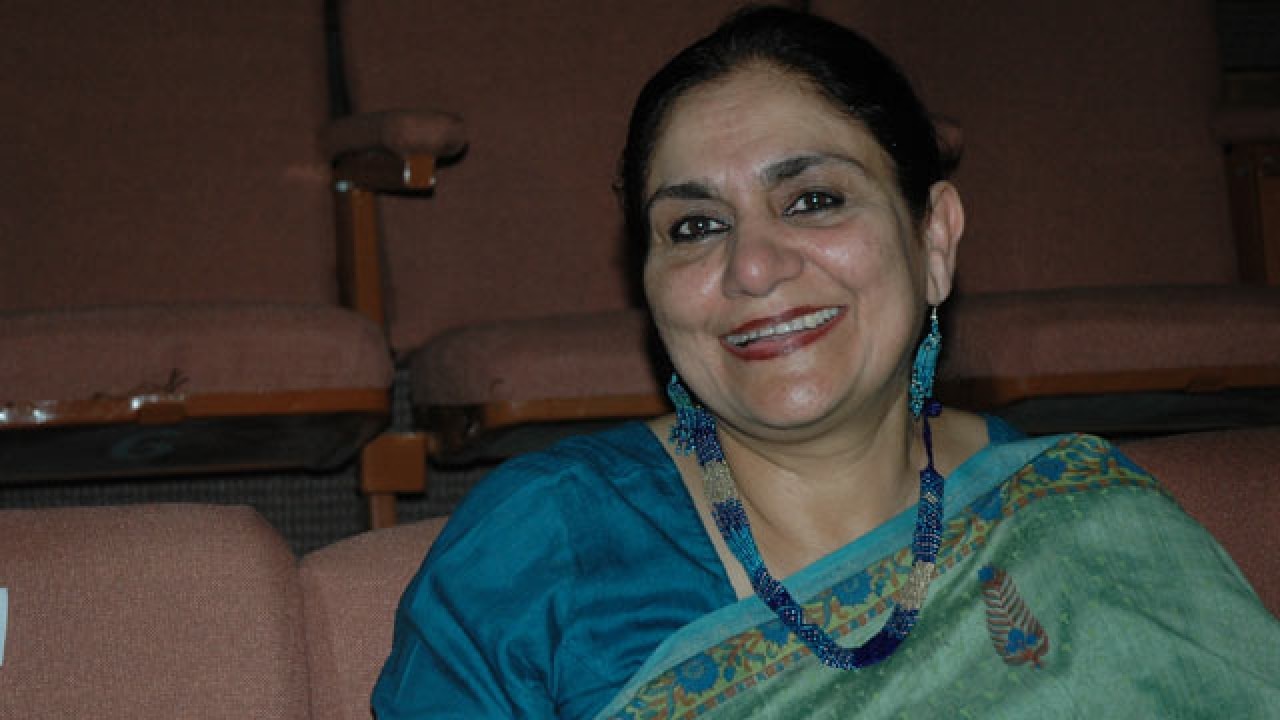
Madeeha Gauhar. You may never have heard her name. To be honest, nor had I, when I first met her at an international seminar of theatre directors at the National School of Drama, New Delhi. As a journalist covering the event I was fascinated by the varying accounts of stage technique and theatre philosophy.
Madeeha was neither the best speaker there, nor the person with the best work behind her. But I found myself riveted by the issues raised by her very first passionate question: “How can you make art in a nation that is hostile to art? How can you discuss women’s rights in a nation where the law decrees that they are not equal to men?” Yes, Madeeha was from Lahore, determinedly making a space for her radical Ajoka theatre, on both proscenium and street square. After all, if you are a thinking person with commitment and gumption, theatre is your best medium for protest and dissent, questions and critiques, your best bet for demanding social justice.
For a Chennai-based Tamilian, Bihar and Punjab are probably as linguistically and culturally remote as Pakistan. But when Madeeha talked, I began to understand the traumas of an artiste living with censorship as your bedfellow. Where the freedom which fuels the arts is either limited, or provided in short, temporary, ad hoc fits. I regret to say, that secure as I am in my own heritage, I had never spared a thought for the people who had been part of my motherland just 70 years ago, and suddenly found themselves violently uprooted from their ancient subcontinent culture. Imagine this sophisticated, pluralistic culture yanked out from under your feet, and being force fed on alien, fundamentalist fare.
Ajoka’s efforts to deal with festering Partition wounds take many forms: Indo-Pak theatre festivals, and the “Theatre for Peace” project for Indo-Pak collaborations. The new play Blind Old Woman’s Dream (Anhi Mai Da Sufna) by inhouse playwright Shahid Nadeem, directed by Usha Ganguli from Kolkata, shows ancient crone Mai Janki still dreaming of her native village — now in Pakistan, while old dyer Rango who opted to stay in his beloved Lahore when his family fled to India, tries desperately to get a visa to attend his granddaughter’s wedding in Amritsar. Will they make these trips only in fantasy?
Through theatre, the Ajoka group visits the lost pre-Partition world again and again, with plays on Dara Shukoh and Kabirdas, and of course, Manto, loved by both sides. Such work courts controversy by bringing up suppressed thought for public debate, as do social critiques like Burqavaganza.
Other Pakistani theatre persons I have met have always longed for theatre encounters with India, “Because they rejuvenate us in multiple ways as encounters with the western stage cannot do. There is nothing foreign here, we feel only apnaapan,” said an actor from Karachi. Another sighed, “I wish my grandparents hadn’t opted for Lahore. I wish had been born in our ancestral home in Lucknow. I would be free to do so many things.”
Even as I listened with sympathy I could not help asking myself. Is this true? Is today’s India the land of the free? Do artistes feel at home in Bharat? Forget Kashmir, the Gordian knot. What about the rest of the states listed in our national anthem?
Hearing of actor/politician Ramya being slapped with sedition charges for simply finding the ordinary people of Pakistan good, kind and hospitable, I wonder.
The author is a playwright, theatre director, musician and journalist